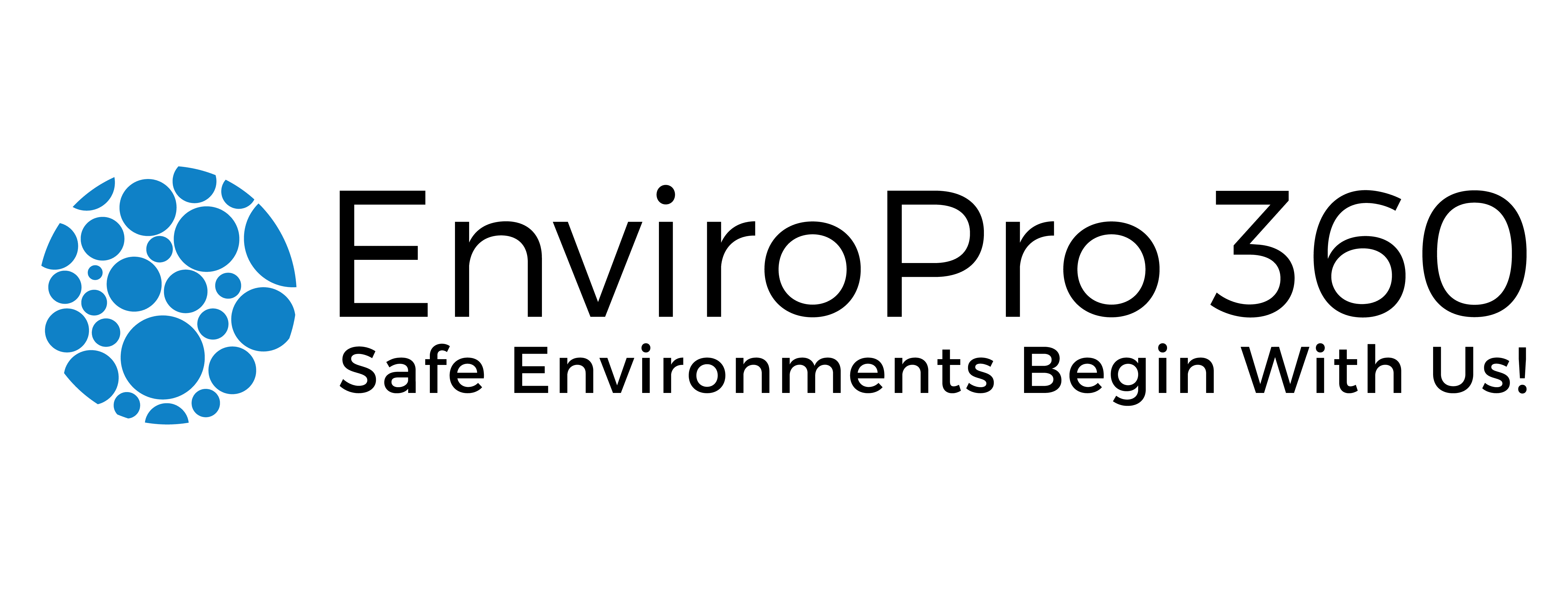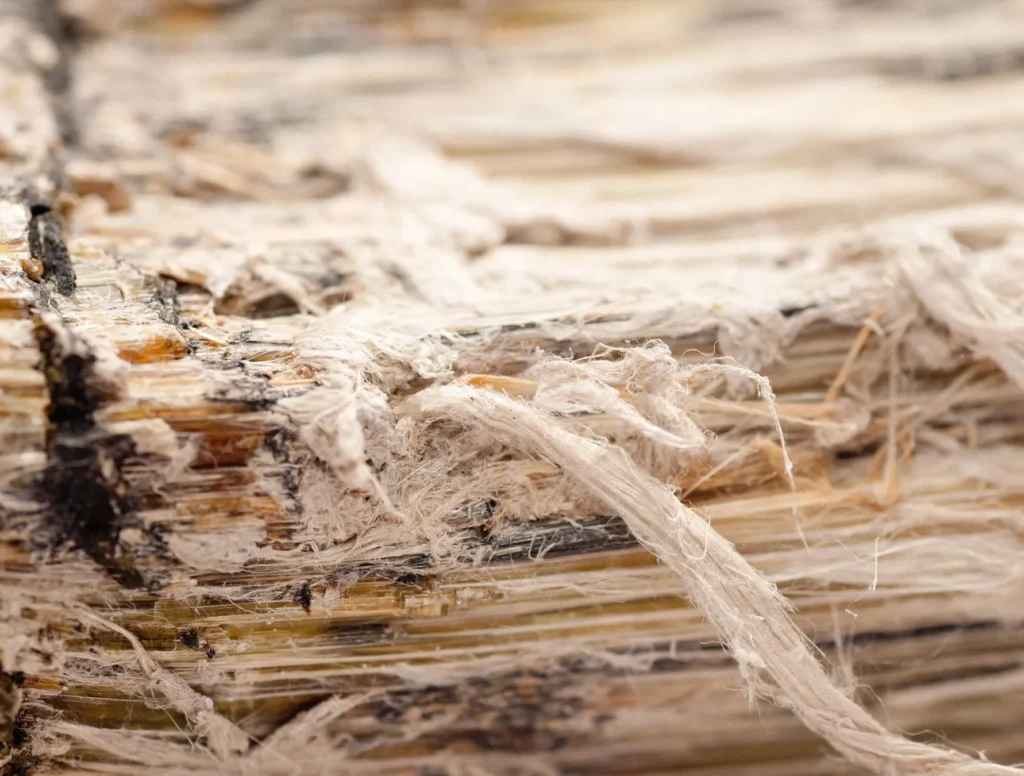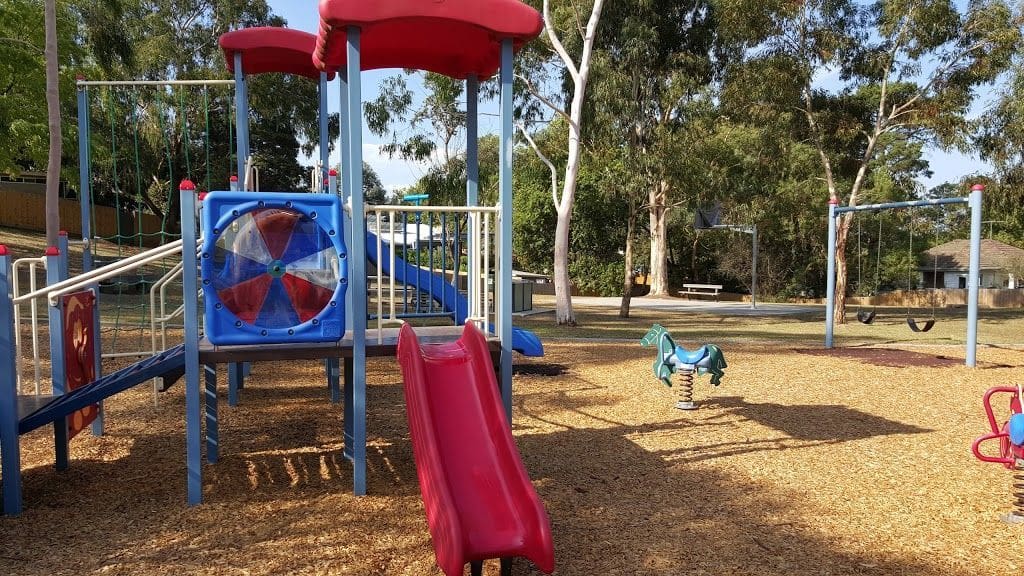Mold isn’t something most of us think about until there’s a funky smell, a weird patch on the ceiling, or a persistent cough that just won’t quit. Mold has a sneaky way of creeping in unnoticed, hiding behind walls, under sinks, or in that dark corner of the basement you rarely visit. But knowing the signs early on can save you from a major headache (and a hefty repair bill) later.
Here’s how to spot the signs that you might have a mold problem, and what you can do about it.
What Mold Actually Is (And Why It Matters)
Mold is a type of fungus that thrives in moist, warm environments. Think bathrooms, kitchens, crawlspaces, attics—anywhere water can linger, and ventilation is poor. There are thousands of mold species, but only some are harmful to your health or property. The most infamous? Black mold, known for releasing potentially toxic spores.
Even if the mold you have isn’t toxic, it can still cause health issues and damage the structure of your home over time. That’s why it’s important not to ignore the signs.
The Obvious Signs of Mold
Some mold signs practically scream for attention, and if you spot any of these, it’s time to take action.
Visible growth: This is the big giveaway. Mold can look like black spots, green fuzz, white powder, or even orange film, depending on the type and where it’s growing.
Musty odors: A strong, earthy, or musty smell is often the first sign of hidden mold. If your home smells like an old basement—even if it isn’t the basement—there might be mold nearby.
Water stains or discoloration: Brownish-yellow water spots on ceilings or walls are red flags. Mold often follows leaks.
Warping or peeling: Warped walls, bubbling paint, or peeling wallpaper can mean there’s moisture trapped underneath—an ideal breeding ground for mold.
The Not-So-Obvious (But Equally Important) Clues
Sometimes mold doesn’t give itself away so easily. Instead, it might show up in more subtle ways.
Chronic health symptoms: If you or someone in your household has a persistent cough, sinus issues, sneezing, headaches, or skin irritation that seems to improve when you’re out of the house, mold might be to blame. People with asthma or mold allergies are especially vulnerable.
Unexplained humidity issues: High humidity (above 60%) indoors creates a prime environment for mold. Even without visible leaks, consistent moisture in the air can do the trick.
Past water damage: If your home has ever experienced flooding, burst pipes, or even minor leaks, and the area wasn’t properly dried and treated, mold could still be lingering—sometimes for years.
Common Mold Hideouts
Mold loves to hide. Here are a few places it might be lurking:
- Behind drywall
- Under carpets or floorboards
- In HVAC systems and ductwork
- Inside bathroom cabinets
- Around window frames
- In crawlspaces and attics
You might not see it right away, but if conditions are right (moisture + warmth), it could be growing quietly.
What You Should Not Do
It’s tempting to grab some bleach, wipe the area, and call it a day—but that’s often not enough. Bleach might remove surface stains, but it doesn’t kill mold roots, especially on porous materials like drywall or wood. Plus, disturbing mold can release spores into the air, spreading the problem and possibly worsening symptoms.
When to Call in the Pros
If you suspect mold but can’t find the source—or if you’re experiencing health symptoms—it’s time to bring in certified professionals. That’s where we come in.
At EnviroPro 360, we specialize in thorough mold inspections for both homes and businesses across Georgia and South Carolina. Our expert team uses advanced tools and certified testing methods to detect mold, even when it’s hiding out of sight. We don’t just find the problem—we help you understand it, mitigate it, and prevent it from coming back.
Whether you’re dealing with a full-blown infestation or just want peace of mind, we’re here to help you create a safer, healthier environment.
Trust Your Gut (and Your Nose)
If something feels off in your home—maybe a lingering damp smell, unexplained allergies, or a recent leak—it’s worth investigating. Mold has a way of sneaking in and staying quiet until it becomes a bigger issue.
Being proactive is your best defense. And you don’t have to do it alone.
Concerned you might have mold? Let the experts at EnviroPro 360 put your mind at ease. With over 20 years of experience and industry-leading certifications, we’re your trusted partner for mold testing, inspections, and environmental safety.


